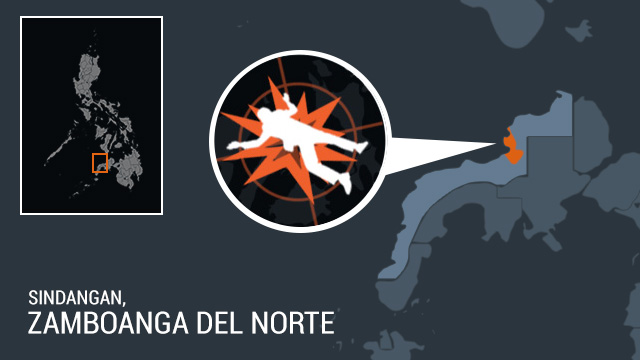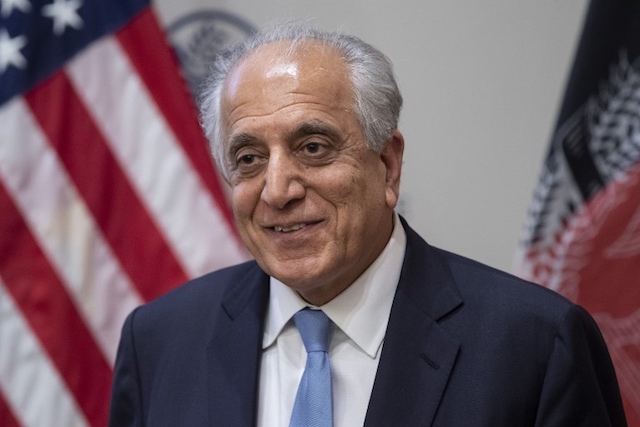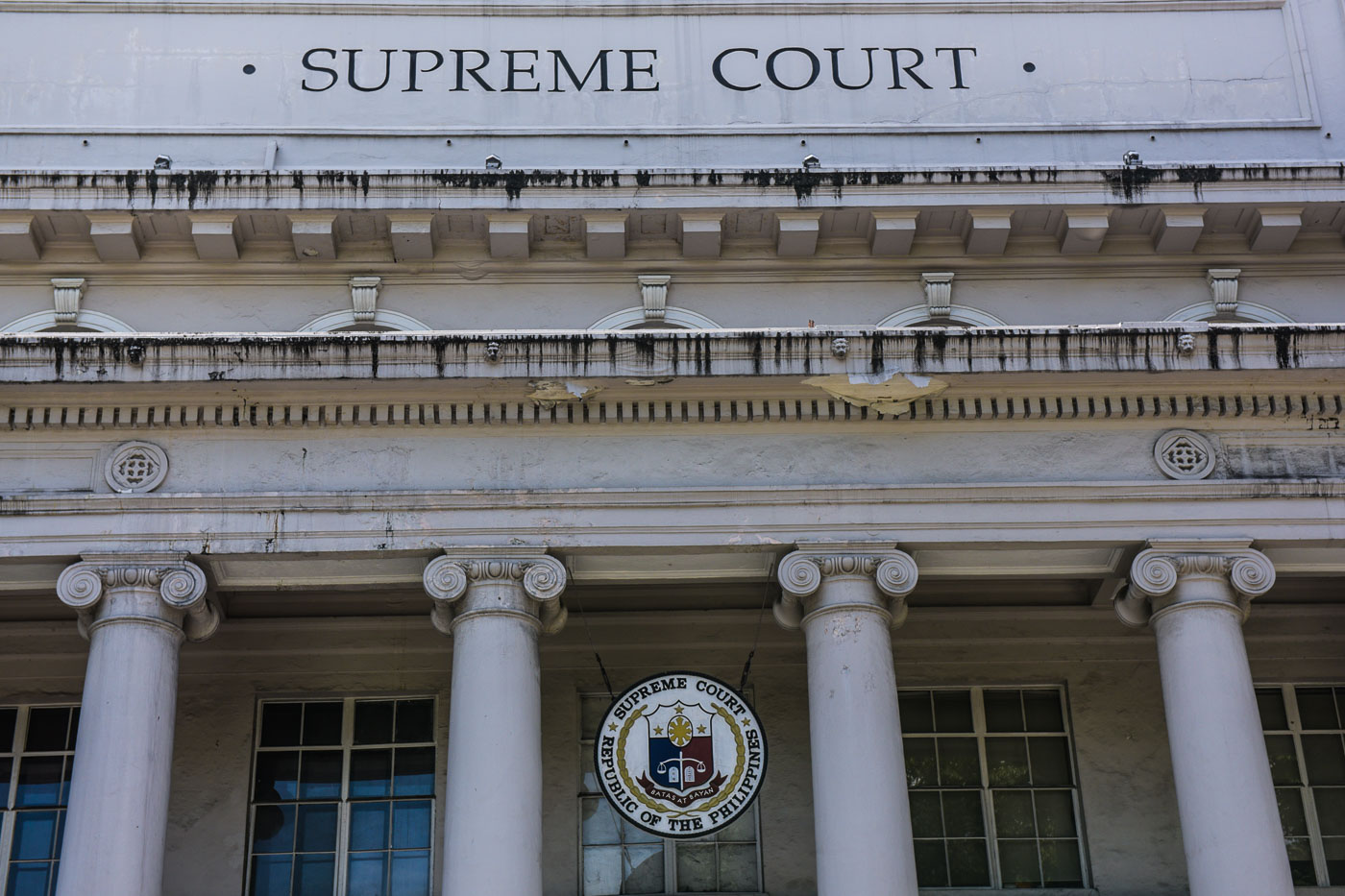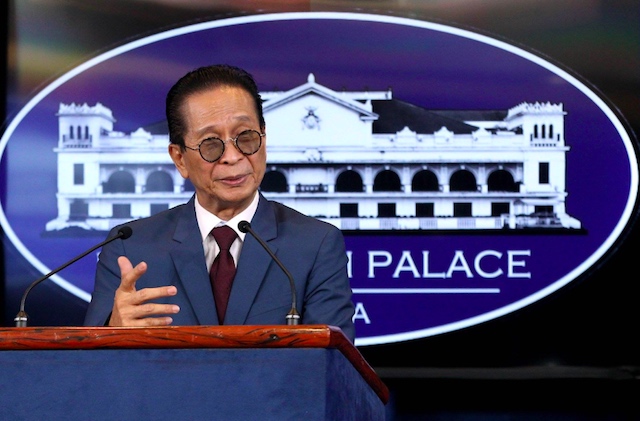
NEW YORK, USA – Thousands of Uber and Lyft drivers turned off their apps in a US-wide strike on Wednesday, May 8, over pay and working conditions, casting a shadow over this week's keenly anticipated Wall Street debut of ride-hailing leader Uber.
Uber is expected to launch its initial public offering (IPO) on Friday giving it an estimated valuation of some $80 billion, one of the biggest tech listings in recent years but rather lower than its earlier hopes of around $100 billion.
The launch will be a major milestone for the company, which has raised billions and disrupted the taxi industry in cities around the world.
It will also come in the rear-view mirror of a troubled market debut for Uber's largest US rival Lyft, which has lost more than 15% of its value since its March IPO.
Strikes that took place Wednesday highlighted a dilemma for rideshare firms, which have faced challenges from regulators and traditional taxi operators for using a business model relying on independent contractors.
One group protested outside the New York Stock Exchange, where Uber is set to list shares, with some signs reading "Invest in our lives – Not their stocks."
Similar actions took place in Boston, Chicago, Los Angeles, San Diego, Washington and in Uber's home town, San Francisco.
Protests were held in Britain as well with drivers in London, Birmingham, Nottingham and Glasgow called on to log off apps and demonstrate outside Uber offices, according to the Independent Workers' Union of Great Britain.
Rideshare companies maintain that drivers are able to thrive and maintain work flexibility, and that their business model would not work if drivers were treated as wage-based employees.
Uber and Lyft did not immediately comment on the protests.
"While we aim to provide an earnings opportunity comparable to that available in retail, wholesale, or restaurant services or other similar work, we continue to experience dissatisfaction with our platform from a significant number of drivers," Uber said in a filing with securities regulators.
"In particular, as we aim to reduce driver incentives to improve our financial performance, we expect driver dissatisfaction will generally increase."
Lyft shares skid
Uber's inauguration as a public company will follow a rocky market debut for Lyft.
Lyft's losses in the past quarter widened to $1.1 billion, according to its first financial report as a public company.
Revenue for California-based Lyft nearly doubled from a year earlier to $776 million and the number of active riders grew to over 20.5 million.
Lyft said its losses deepened as a result of $894 million in costs that included stock-based compensation and related tax expenses in connection with its IPO.
Lyft shares finished the formal trading day Wednesday down 10.8 percent to $52.91.
Uber last month pulled back on its ambitious valuation target, while still pricing its share offering in a range that would make it one of the largest tech market debuts in recent years.
The ride-hailing firm said in a securities filing it would sell 207 million shares in a range of $44 to $50 dollars. According to a source close to the matter, Uber hopes to price its shares in the middle of that range and raise about $8 billion in fresh funding.
At $47 a share, Uber would be worth just over $80 billion, taking into account stock options. The company is expected to announce pricing Thursday night.
But the target – still subject to change – fell below earlier ambitions of a valuation of more than $100 billion for the firm operating in some 700 cities around the world.
Uber will trade on the New York Stock Exchange under the ticker "UBER" sometime next month.
"We continue to view Lyft as a one-trick pony domestic ride sharing player and 'little brother' to Uber," Wedbush Securities equity research managing director Daniel Ives said Thursday in a note to investors.
Uber is "paving a similar road" to what Amazon did to e-commerce and Facebook did for social media, he contended, expressing confidence in the company.
Amazon of transport
Uber envisions becoming the "Amazon of transportation" in a future where people share instead of owning vehicles.
If all goes to plan, commuters could ride an e-scooter to a transit station, take a train then grab an e-bike, ride share or e-scooter at the arriving station to complete a journey using the Uber smartphone app.
Of course, shared car rides would be an option, eventually driven by computers instead of humans.
Uber is also taking to the sky with an Elevate project to have electric aircraft carry people between "skyports," taking off and landing vertically.
Uber's platform moves cargo as well as people, with a Freight service that connects truckers with shippers in a way similar to how drivers connect with people seeking rides.
Uber is also seeing growing success with an Eats service that lets drivers make money delivering meals ordered from restaurants. – Rappler.com






















